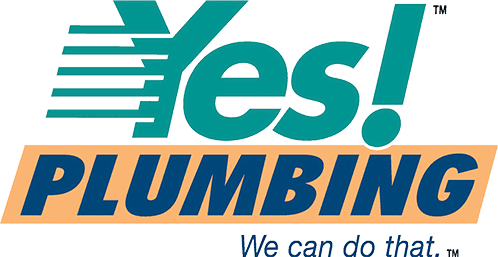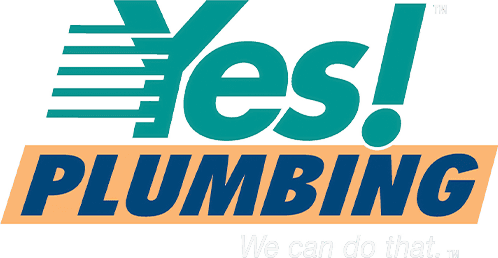We’ve had a lot of questions about “Liquid Plumber” type drain “openers” and how they work in toilets. The short answer is—-“They don’t”.
We suggest you don’t waste your time and money trying to unclog a toilet line with one of these products.
First of all, these products are generally designed to work on much smaller clogs (like kitchen sinks and lavatories) and in our opinion do not even work very well on those.
Toilet clogs tend to be much more voluminous and react much better to mechanical intervention rather than chemical. If your toilet is clogged — use a toilet auger.
If your main line connected to the toilet is clogged, one of these drain products will have absolutely no effect on the clog and you really need to have the drain professionally cleared with power equipment.
Also consider this from the Material Safety Data Sheet from one of these products:
“Avoid discharge into drains or watercourses or onto the ground. Contain spillage with sand, earth or other suitable noncombustible material.”
Our question on this warning is this — If you are not supposed to “…discharge into drains…”, why do the instructions tell you to pour it into the drain?
And speaking of drains, what about metal pipes? This is from WEF Magazine: “Hypochlorite will leak through threaded fittings even when Teflon tape is used to seal the joint”. Want some stains on your ceilings under the drain? We didn’t think so.
And what about pipe corrosion? According to most of these products’ instructions you are supposed to pour it into the drain and “wait” for it to dissolve the clog. Here’s what the same magazine reports about that idea:
”The high pH of hypochlorite will attack metals. Pipe leaks can emit chlorine gas and cause corrosion on nearby metal. Use only plastic, fiberglass, or stainless steel materials nearby. Do not use any metallic parts in contact with hypochlorite.”
We’re not using this stuff on our drains. We consider it too dangerous and too environmentally unsound.
We recommend a non-toxic, inert, non-corrosive bacterial agent to maintain drains after they are mechanically cleaned.
Give us a call (708) 847-7045 if you’d like us to ship you a can or 3. Or if you have any questions on unclogging your toilet.


